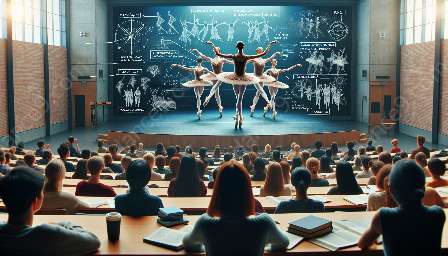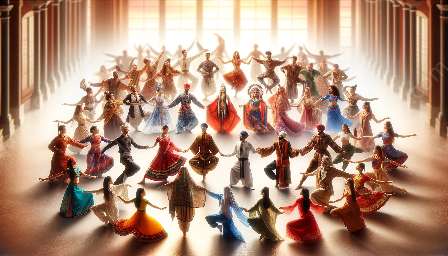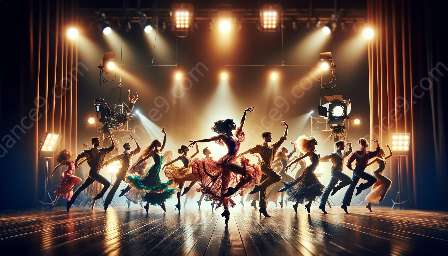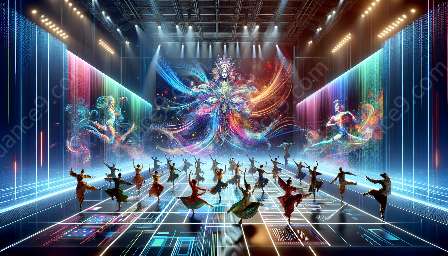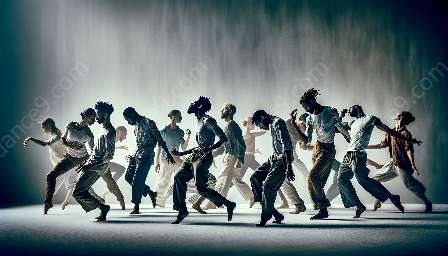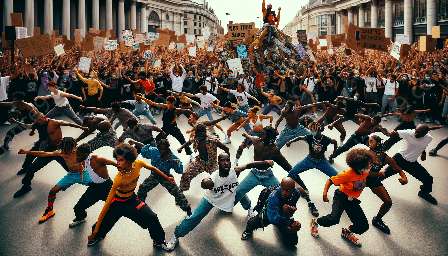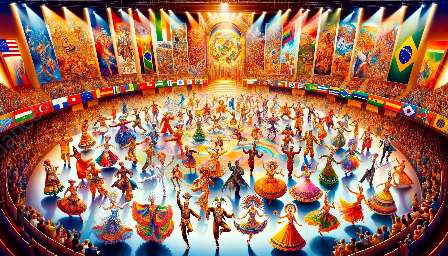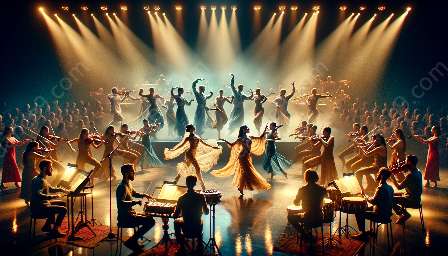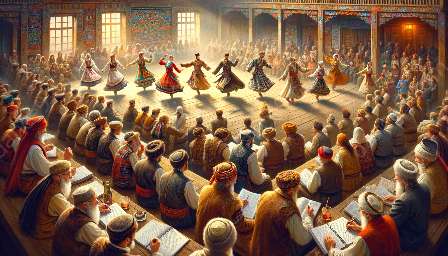Traditional dance forms are deeply rooted in culture and history, carrying significant meaning and symbolism. The process of digitizing and disseminating these traditional dance forms raises important ethical considerations that impact the world of dance in the digital age and its theoretical and critical perspectives.
Digitization and Preservation
Digitizing traditional dance forms can be seen as a means of preserving cultural heritage. By capturing and recording these dances in digital form, they can transcend geographical barriers and be passed down to future generations. However, ethical issues may arise regarding consent, ownership, and control over the digital content. Who has the right to digitize and disseminate these dances? Are the original creators and communities involved in the process? These questions highlight the need for respectful and collaborative approaches to digitization that prioritize the voices and agency of the cultural custodians.
Cultural Integrity and Appropriation
The digital dissemination of traditional dance forms also raises concerns about cultural integrity and appropriation. When these dances are shared online, they become accessible to a global audience, potentially leading to misinterpretation or misrepresentation. Care must be taken to ensure that the original cultural context, meanings, and significance of the dances are accurately conveyed and respected. Furthermore, there's a risk of exploitation and commodification, as traditional dances may be commercialized for profit without benefiting the communities from which they originate. Ethical frameworks should be established to address these issues and safeguard the cultural authenticity and dignity of traditional dance forms in the digital realm.
Accessibility and Inclusivity
The digitization of traditional dance forms has the potential to make them more accessible and inclusive. Online platforms and digital technologies can enable wider audiences to experience and engage with these dances, transcending physical and logistical barriers. However, ethical considerations arise in ensuring equitable access and representation. Issues of digital divide, cultural misappropriation, and power differentials need to be addressed to foster a more inclusive and responsible dissemination of traditional dances in the digital age.
Ownership and Control
The question of ownership and control over digitized traditional dance content is paramount in ethical discourse. Who holds the rights to the digital representations of these dances? How are they being used, shared, and monetized? These questions intersect with legal, cultural, and ethical dimensions, emphasizing the need for transparent protocols and ethical guidelines that prioritize the interests of the originating communities and creators. Collaborative partnerships and frameworks for fair compensation and recognition should be established to uphold the rights and agency of traditional dance practitioners and custodians.
Ethical Reflection and Accountability
As the digitization and dissemination of traditional dance forms continue to evolve in the digital age, ethical reflection and accountability are crucial. The dance community, digital platforms, and diverse stakeholders must engage in ongoing dialogue and critical examination of the ethical implications of these practices. This involves applying ethical theories and principles to evaluate the impact of digitization on cultural heritage, identity, and representation. Moreover, mechanisms for accountability and ethical oversight should be established to address and rectify any ethical breaches that may emerge in the digitization and dissemination of traditional dance forms.
In conclusion, the digitization and dissemination of traditional dance forms are multifaceted endeavors that present complex ethical considerations. Balancing the preservation, accessibility, and representation of traditional dances with respect for cultural integrity, ownership rights, and inclusivity requires a conscientious and collaborative approach. By recognizing and navigating these ethical challenges, the dance community can harness the potential of digital technologies to celebrate, honor, and sustain traditional dance forms while upholding ethical standards and cultural respect.

